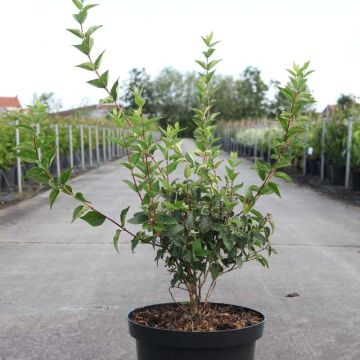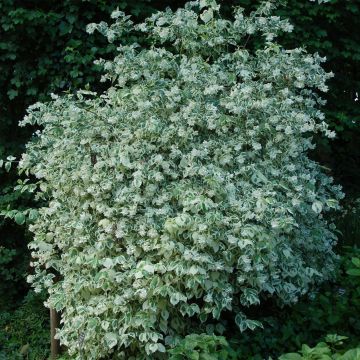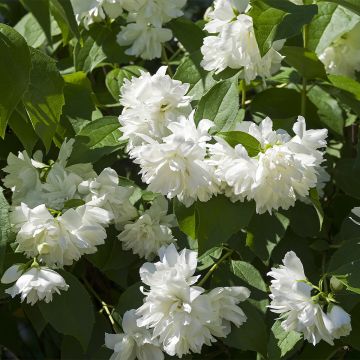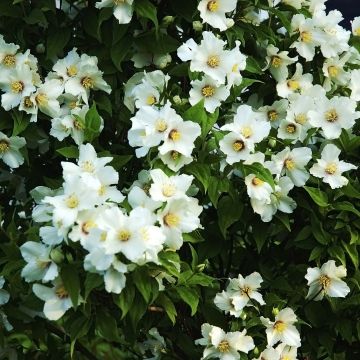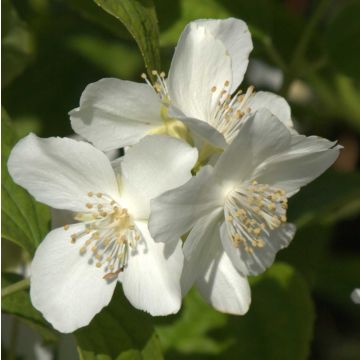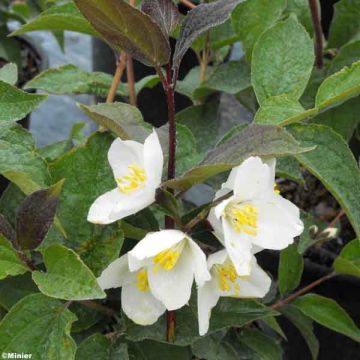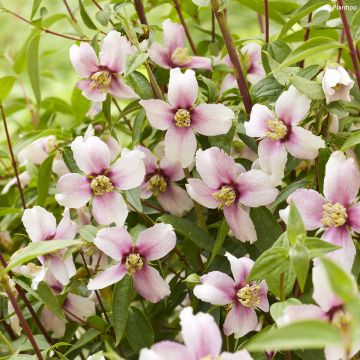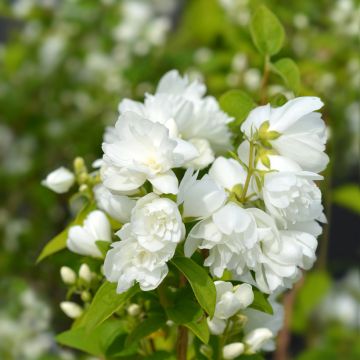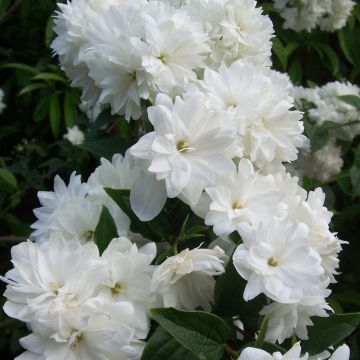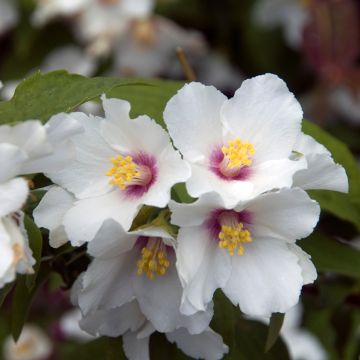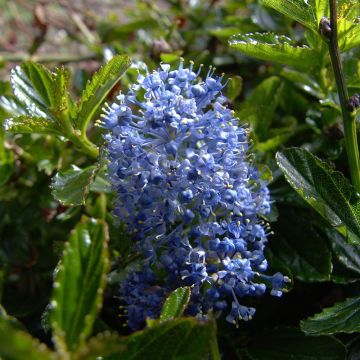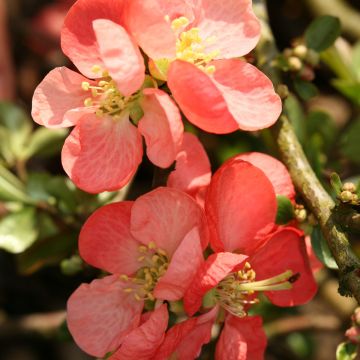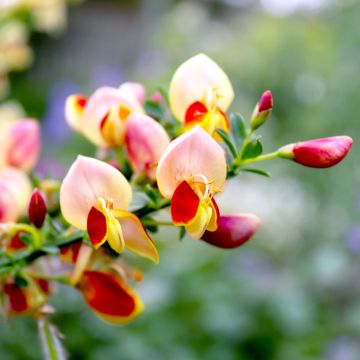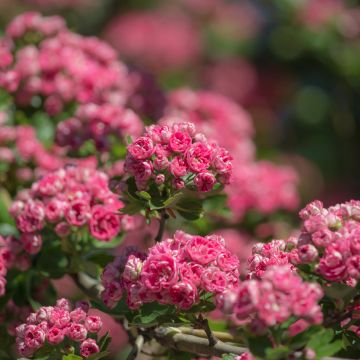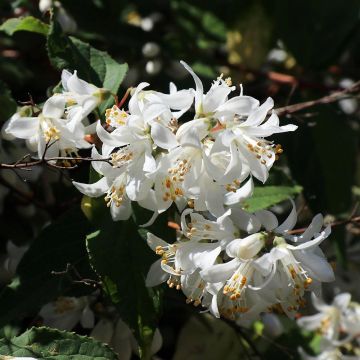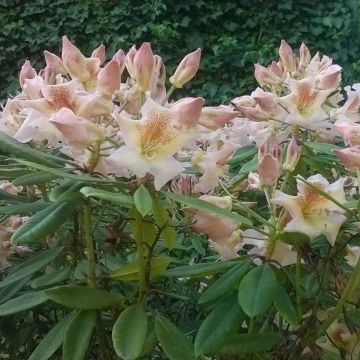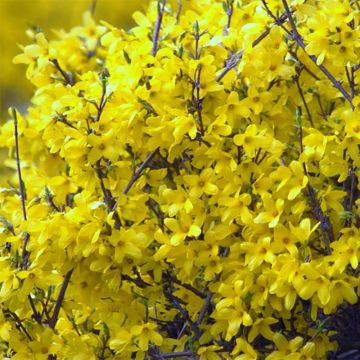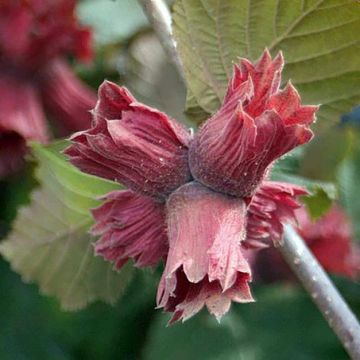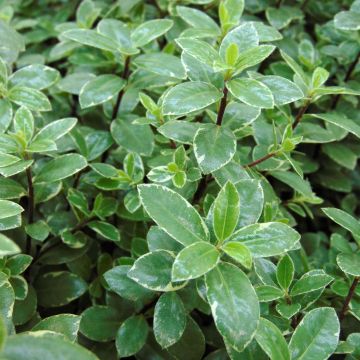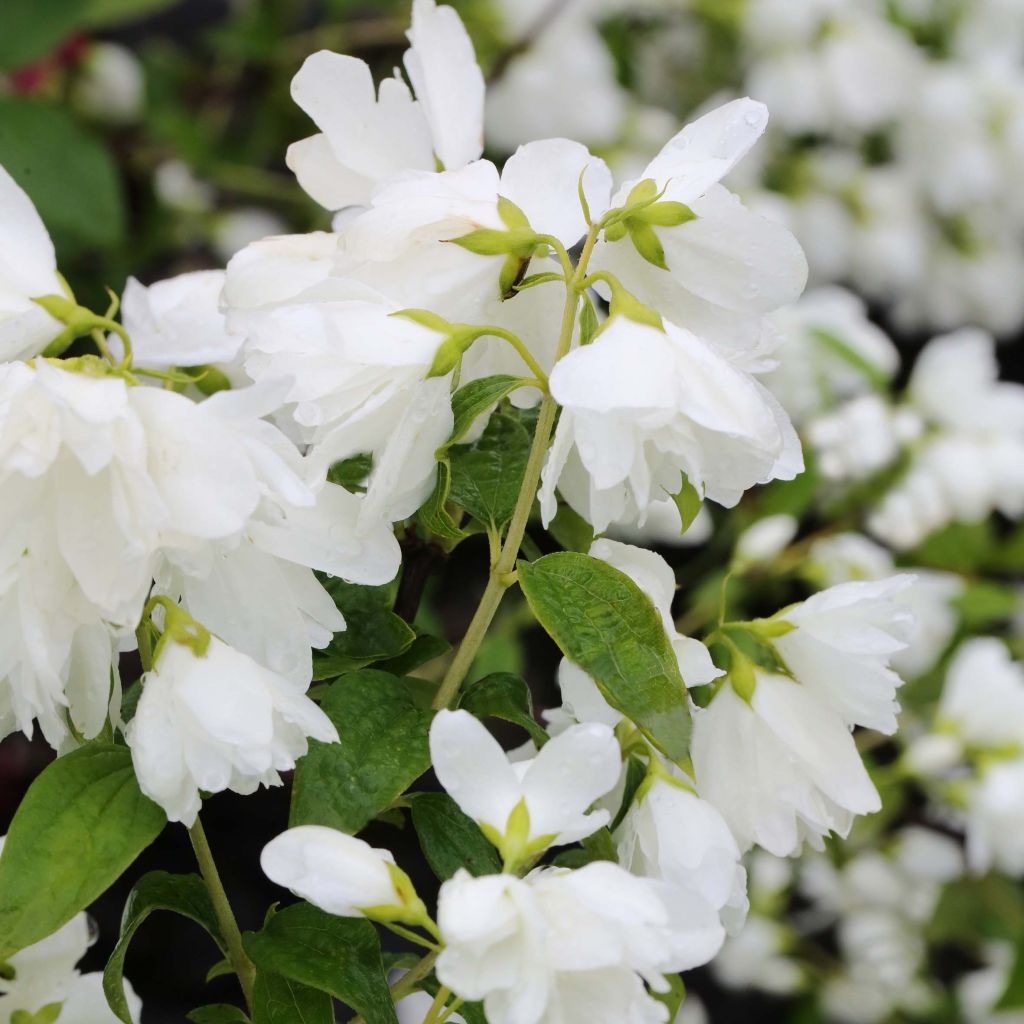

Philadelphus Little White Love - Mock Orange
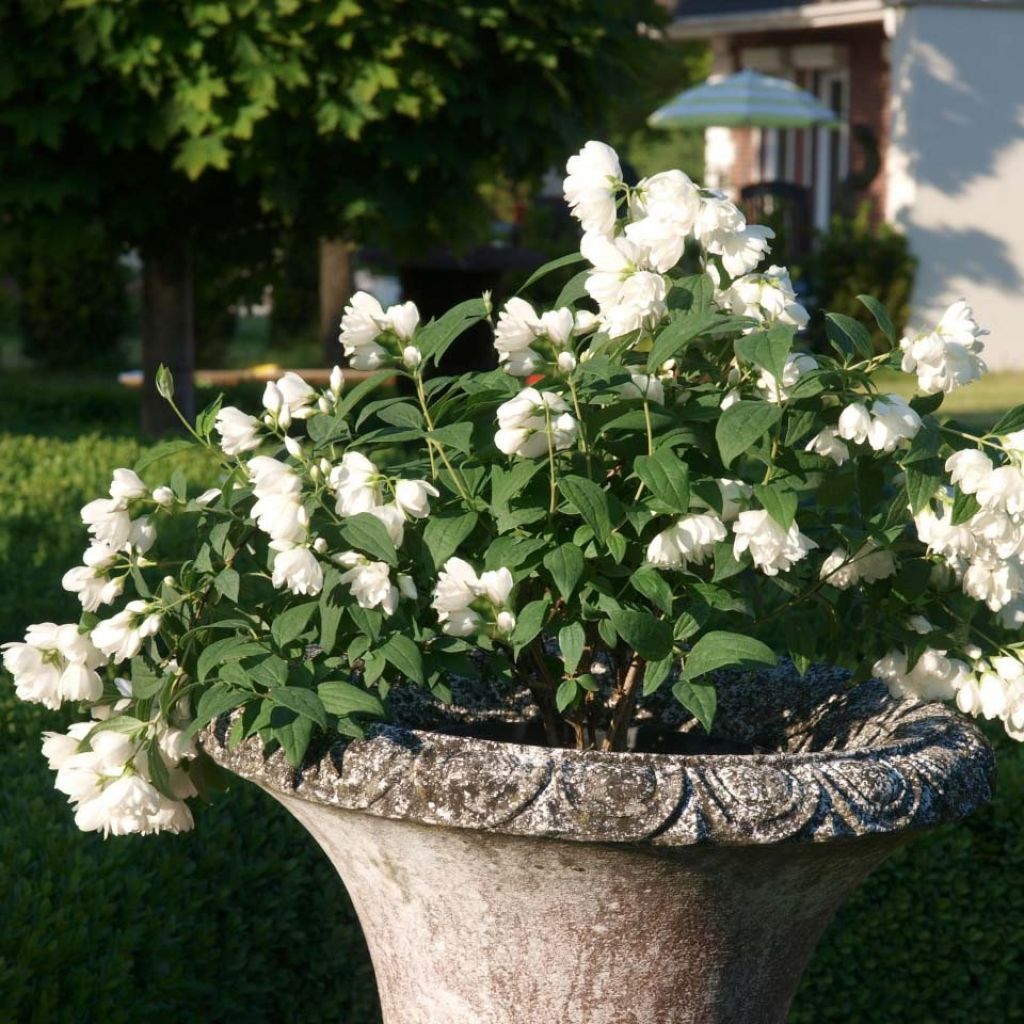

Philadelphus Little White Love - Mock Orange
Philadelphus Little White Love - Mock Orange
Philadelphus Little White Love
Mock Orange
Beautiful plant, very pendulous with flowers for several weeks. Very happy with my purchase.
Martine, 14/11/2024
This item cannot be shipped to the selected country
Delivery charge from €5.90
More information
Delivery charge from €5.90
More information
Schedule delivery date,
and select date in basket
This plant carries a 24 months recovery warranty
More information
We guarantee the quality of our plants for a full growing cycle, and will replace at our expense any plant that fails to recover under normal climatic and planting conditions.
From €5.90 for pickup delivery and €6.90 for home delivery
Express home delivery from €8.90.
Does this plant fit my garden?
Set up your Plantfit profile →
Description
The Philadelphus 'Little White Love' is a recent Canadian variety of bush that combines many qualities. The very dense bush forms a dome with slightly arched branches that bend in June-July under a profusion of large double flowers, resembling white pompoms that have preserved the magnificent fragrance of the best old varieties. As ornamental as a gardenia when in full bloom, but so much easier to succeed, 'Little White Love' is also a particularly resistant bush, well adapted to small urban gardens and container cultivation.
All Philadelphus are deciduous bushes native to temperate regions of the Northern Hemisphere, especially East Asia and North America. The approximately 60 species that make up this genus were first crossed in France by Jacques and especially Victor Lemoine, and then in the United States, with the fragrance of the flowers sometimes being forgotten along the way in favour of more spectacular, double-flowered varieties. Not demanding, seringats can sometimes take a while to establish themselves. They should be regularly pruned after flowering, removing the oldest stems, so that they maintain a beautiful habit and remain floriferous. They belong to the hydrangea family.
The Little White Love seringat is a horticultural hybrid that is still rarely available for sale. It is a bushy, compact, upright shrub with slightly arched branches, reaching an average size of 1m (3ft) in all directions at maturity, with relatively slow growth for a seringat. In this variety, the flowers are fully double and large, measuring up to 4cm (2in) in diameter. They bloom in June-July, sometimes as early as May depending on the climate, for about a month. They are gathered in small clusters that emit an intense and very pleasant fragrance, reminiscent of orange blossom, which certainly explains why it is also called "poet's jasmine". The deciduous leaves are very dark green from spring to autumn, slightly toothed along the edges. They are entire, arranged in an opposite manner on the branches, and characterized by their ovate shape, pointed tip, and lighter longitudinal veins that run through the lamina.
This dwarf poet's jasmine is resistant to pollution and very easy to grow, making it ideal for small spaces, especially in urban environments. It enjoys being planted in a sunny or semi-shaded position and can tolerate ordinary, even limestone, soil. With a modest stature and a bushy habit, 'Little White Love' will be perfect in a container on the terrace or balcony or in a small-sized garden, combined with other small shrubs that flower at different times like buddleias or dwarf lilacs, forsythias, Japanese quince, or bush roses. Consider planting it near the house, terrace, or pathways to fully enjoy its intense fragrance. Its white flowering also allows for beautiful combinations with perennial plants with blue flowers such as Ceanothus, Delphinium, or herbaceous clematis. It certainly has its place in a white garden.
Philadelphus Little White Love - Mock Orange in pictures
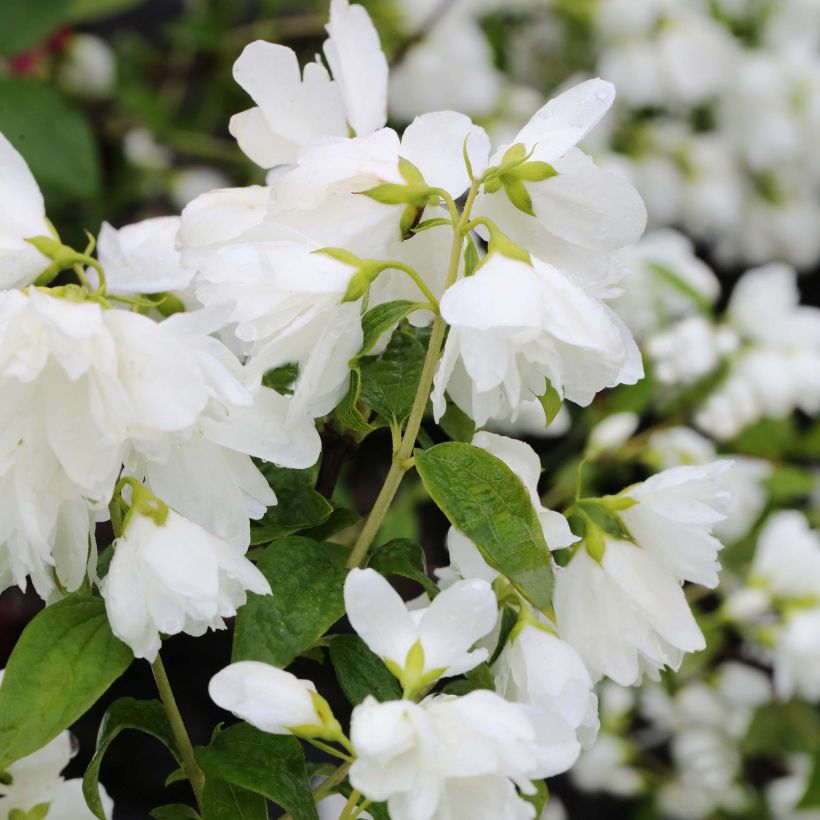

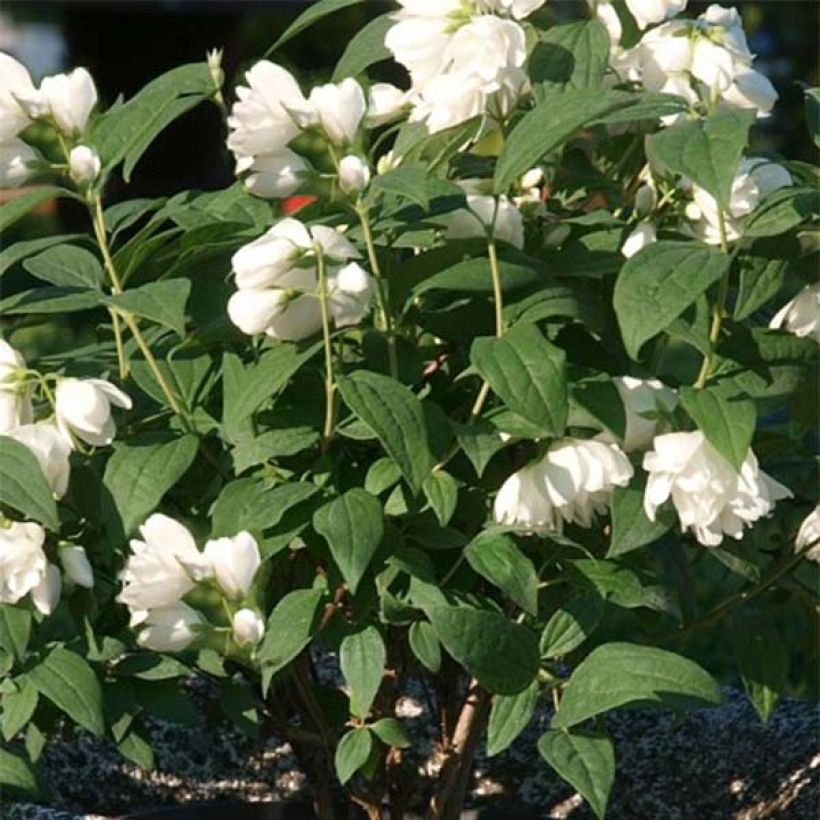



Plant habit
Flowering
Foliage
Botanical data
Philadelphus
Little White Love
Hydrangeaceae
Mock Orange
Cultivar or hybrid
Other Philadelphus - Mock Orange
Planting and care
The Philadelphus Little White Love, very easy to grow, requiring very little maintenance and very accommodating, is well suited to all gardens and ideal for beginner gardeners. A regular, poor, even limestone soil, not too dry to moist, suits it. However, it will prefer a fresh, well-drained and humus-rich soil. Very hardy, it can withstand negative temperatures up to -20°C (1°F). Planting should be done in early spring or autumn, preferably in full sun or partial shade. Excessive hot exposures should be avoided in dry and hot climates. Flowering on previous year's shoots, Philadelphus should be pruned after flowering, in July-August, by shortening the flowering branches by one third of their length. A more severe pruning can be done every 2 to 3 years to keep it compact and very floriferous. Simply do not hesitate to cut back the old wood and too long branches to the base of the plant to encourage branching from the base. A resistant bush, it can however be subject to powdery mildew and black aphids.
Planting period
Intended location
Care
Spring-flowering shrubs
Haven't found what you were looking for?
Hardiness is the lowest winter temperature a plant can endure without suffering serious damage or even dying. However, hardiness is affected by location (a sheltered area, such as a patio), protection (winter cover) and soil type (hardiness is improved by well-drained soil).

Photo Sharing Terms & Conditions
In order to encourage gardeners to interact and share their experiences, Promesse de fleurs offers various media enabling content to be uploaded onto its Site - in particular via the ‘Photo sharing’ module.
The User agrees to refrain from:
- Posting any content that is illegal, prejudicial, insulting, racist, inciteful to hatred, revisionist, contrary to public decency, that infringes on privacy or on the privacy rights of third parties, in particular the publicity rights of persons and goods, intellectual property rights, or the right to privacy.
- Submitting content on behalf of a third party;
- Impersonate the identity of a third party and/or publish any personal information about a third party;
In general, the User undertakes to refrain from any unethical behaviour.
All Content (in particular text, comments, files, images, photos, videos, creative works, etc.), which may be subject to property or intellectual property rights, image or other private rights, shall remain the property of the User, subject to the limited rights granted by the terms of the licence granted by Promesse de fleurs as stated below. Users are at liberty to publish or not to publish such Content on the Site, notably via the ‘Photo Sharing’ facility, and accept that this Content shall be made public and freely accessible, notably on the Internet.
Users further acknowledge, undertake to have ,and guarantee that they hold all necessary rights and permissions to publish such material on the Site, in particular with regard to the legislation in force pertaining to any privacy, property, intellectual property, image, or contractual rights, or rights of any other nature. By publishing such Content on the Site, Users acknowledge accepting full liability as publishers of the Content within the meaning of the law, and grant Promesse de fleurs, free of charge, an inclusive, worldwide licence for the said Content for the entire duration of its publication, including all reproduction, representation, up/downloading, displaying, performing, transmission, and storage rights.
Users also grant permission for their name to be linked to the Content and accept that this link may not always be made available.
By engaging in posting material, Users consent to their Content becoming automatically accessible on the Internet, in particular on other sites and/or blogs and/or web pages of the Promesse de fleurs site, including in particular social pages and the Promesse de fleurs catalogue.
Users may secure the removal of entrusted content free of charge by issuing a simple request via our contact form.

































